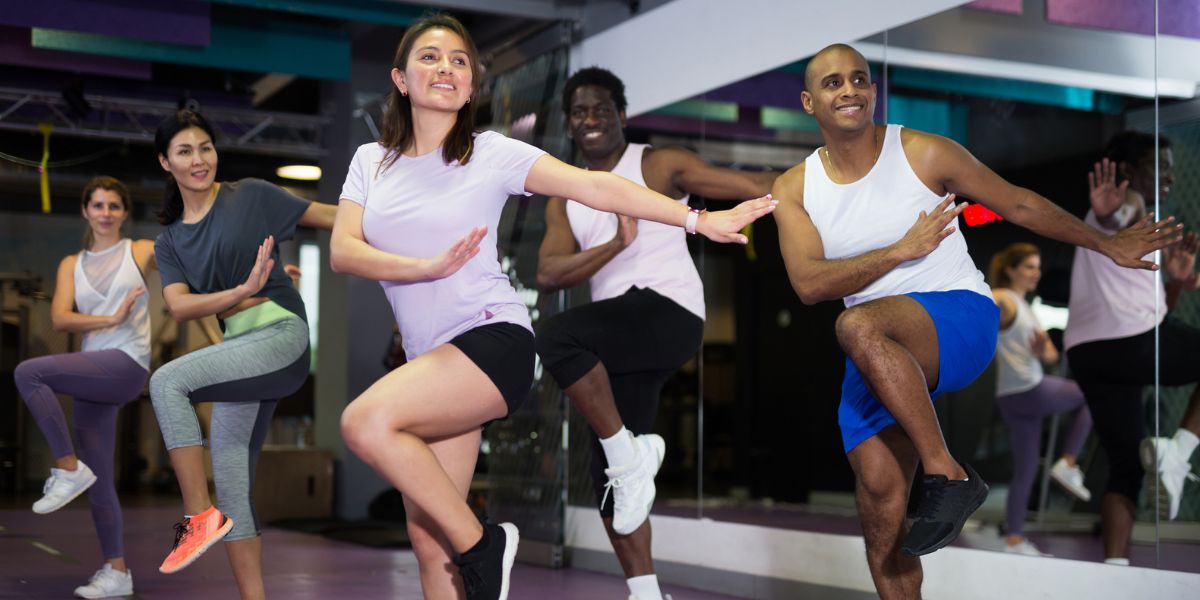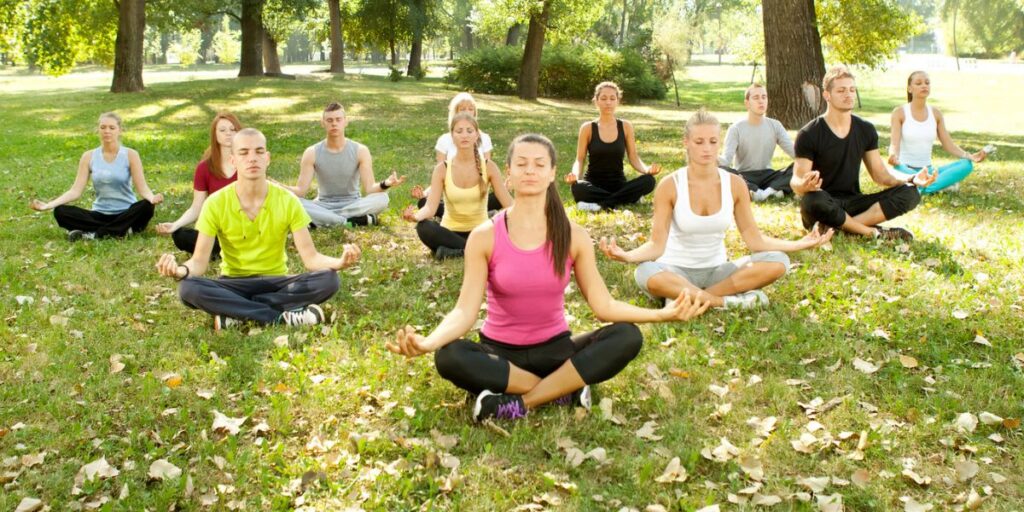Recreational Therapy for Addiction Treatment

Recreational therapy is a proven method for addiction treatment that improves the likelihood of long term recovery. It has been used for many years.
Facilities that help with physical and mental health issues, like substance use disorders, use recreational therapies in their programs. This inclusion allows patients to recognize that having fun and enjoying life is essential to their overall health.
What Is Recreational Therapy?
Recreational therapy is an evidence-based, practical treatment that uses enjoyable activities to help participants manage stress while staying mentally and physically engaged.
Therapeutic recreation, often referred to as recreational therapy, aids individuals facing mental and emotional health conditions such as depression, anxiety, and stress. This also helps people dealing with eating disorders, substance abuse issues, and trauma, improving their symptoms and overall health.
Recreational therapy is an excellent option because it offers a more relaxed approach than traditional talk therapy. You don’t have to sit still, have difficult conversations with professionals, or share personal experiences in meetings.
What Is Recreational Therapy for Addiction Treatment?
Recreational therapy is integral to a comprehensive recovery strategy, addressing the complex nature of substance use disorders. It teaches people how to find happiness and have fun without using drugs or alcohol.
Motivational therapy suggests trying an old hobby if someone hesitates to start treatment. This can help them feel more motivated. Therapists believe that engaging in activities they used to enjoy can be a good way to kickstart their motivation. Doing something familiar and enjoyable may make them more inclined to begin treatment.
Additionally, as patients move on from treatment facilities, they often experience feelings of disorientation and isolation. Having hobbies can help people make friends and feel like they belong. It also helps them stay on track and avoid returning to old habits.
Recreational therapy supports recovery by offering enjoyable activities reinforcing positive changes and coping strategies from other therapies. These activities can include cognitive behavioral therapy and group therapy for addiction. The goal is to enhance the overall healing process through engaging and beneficial experiences.

Types of Recreational Therapy
Recreational therapy programs vary widely, encompassing arts and crafts, animal caretaking, and physically engaging sports. Knowing what leisure activities someone enjoys is crucial for creating personalized treatment plans.
This is because everyone has unique preferences. Healthcare providers can tailor effective treatment plans based on a person’s leisure activities. Understanding what brings someone joy and relaxation is key to providing the best care possible.
Some of the most favored types of recreational treatment include:
Art Therapy
Art includes painting, crafting, and theater, using creativity to express emotions and memories. It’s a way to show personal expression. Creative writing and journaling, which integrate mindfulness, also serve as forms of art therapy. These activities boost creativity in the brain, releasing chemicals that improve memory, emotions, and feelings of success.
Music Therapy
Music activates various brain regions, creating associations and emotional connections through melodies and frequencies. Engaging with music offers a cathartic release, whether by making it or simply enjoying it. Music therapy complements other forms of recreational therapy, as it encourages movement and fosters positive memory associations with productive activities.
People in recovery should avoid listening to music that mentions drugs or alcohol or reminds them of using substances. Steering clear of these catalysts is crucial for comprehensive health. Instead, they should focus on music that promotes positivity and healing. This can help them stay on track with their recovery journey.
Meditation and mindfulness
Meditation and mindfulness techniques encourage individuals to remain still and attentive to their internal thoughts and emotions. These practices may involve breathing exercises, chanting affirmations, or gentle movement exercises.
You can reduce stress and anxiety by learning to control your emotions and focus your energy. These techniques can also help lower blood pressure and heart rate. Additionally, they promote relaxation and help with stress management.
Yoga
Yoga combines gentle movements with mindfulness to increase self-awareness and affirmations. It helps connect thoughts, emotions, and physical responses in our bodies. People with physical limitations can do yoga, which is a gentle exercise. You can do it alone or in a group.
Dance and Movement
Dance and movement practices, such as tai chi and reflexology, help us connect our minds and bodies. These practices unlock the potential for expression and healing within us.
Connecting with your inner rhythm and emotions can activate different parts of the brain. This can release endorphins. Endorphins can help reduce pain, lower stress, and improve mood. While often accompanied by music therapy, dance and movement can be effectively performed in any setting, with or without sound.
Adventure and Excursion Therapy
Adventure and excursion therapy encompasses a wide variety of outdoor physical activities. To stay active and connected to nature, you can do things like bird watching, hiking, boating, rock climbing, and stargazing. Individuals or groups can undertake adventure and exploration therapy, which offers the added benefit of ever-changing surroundings.
Sports
Sports promote exercise and physical activity, enhance communication skills, and foster teamwork. Exercising releases endorphins, helps you work well with others, boosts confidence, and creates a sense of camaraderie. Additionally, sports provide a constructive outlet for channeling challenging emotions and help improve social skills.
Animal and Equestrian Therapy
Research has shown that being around animals can positively affect our health. These effects include lowering stress levels and blood pressure.
Additionally, being around animals can increase the production of hormones like oxytocin and serotonin. These hormones can help improve mood and promote relaxation.
Equine therapy is popular among recreational therapies because horses are highly intuitive and expressive through their body language. Taking care of, grooming, and maintaining an animal that relies on you fosters a sense of responsibility and empathy and enhances non-verbal communication skills. Horseback riding, a physically demanding activity, also reduces stress and tension.
Recreational therapies often overlap or can be customized to match participants’ unique preferences and abilities. In family therapy, people can do fun activities together.
This helps strengthen their relationships and communication skills, make happy memories, and learn healthy ways to deal with stress.

Benefits of Recreational Therapy for Drug and Alcohol Addiction
Drug and alcohol addiction recreational therapy offers numerous advantages beyond just offering an enjoyable way to develop new routines and coping strategies. These include:
- Improving communication abilities
- Elevating self-assurance, autonomy, and self-worth
- Offering avenues for self-articulation
- Enhancing cognitive functions and problem-solving skills
- Gain education and training in interesting hobbies
- Reduce cravings
- Boosting physical well-being
- Alleviating symptoms of stress, anxiety, and depression
- Cultivating social abilities and relationships
- Generating new experiences and recollections that are not associated with substance abuse
Residential treatment helps people who are new to sobriety connect and share experiences. It allows them to come together in a supportive environment.
This can be beneficial for those seeking to maintain their sobriety. Sharing new experiences with others in similar situations can provide a sense of community and understanding. This shared journey helps diminish self-consciousness and reduces the stigma associated with addiction.
Recreational Therapy at Northridge Addiction Treatment Center
To overcome addiction and start a better life in recovery, Northridge Addiction Treatment Center can assist you. We are here to support you as you begin your path to sobriety. Our evidence-based addiction treatment programs allow you to overcome substance use and start a fulfilling life toward recovery.
We provide on-site medical detox for drugs and alcohol. Our caring and licensed team of medical professionals provides around-the-clock care.
At NATC, we create personalized treatment plans based on your needs and goals. We use research-based, comprehensive therapies to help you grow personally and find new ways to enjoy life without substances.
Our treatment specialists are enthusiastic about helping you begin a balanced, vibrant life centered on recovery. Contact us today to start your recovery process.
Find Meaningful Recovery
Our caring and compassionate specialists are eager to help you comfortably navigate this journey to recovery. Our individualized treatment plan, programs, and therapies may be a perfect match for you or your loved one. Let us assist you in living the happy life you deserve. It starts with a phone call.




